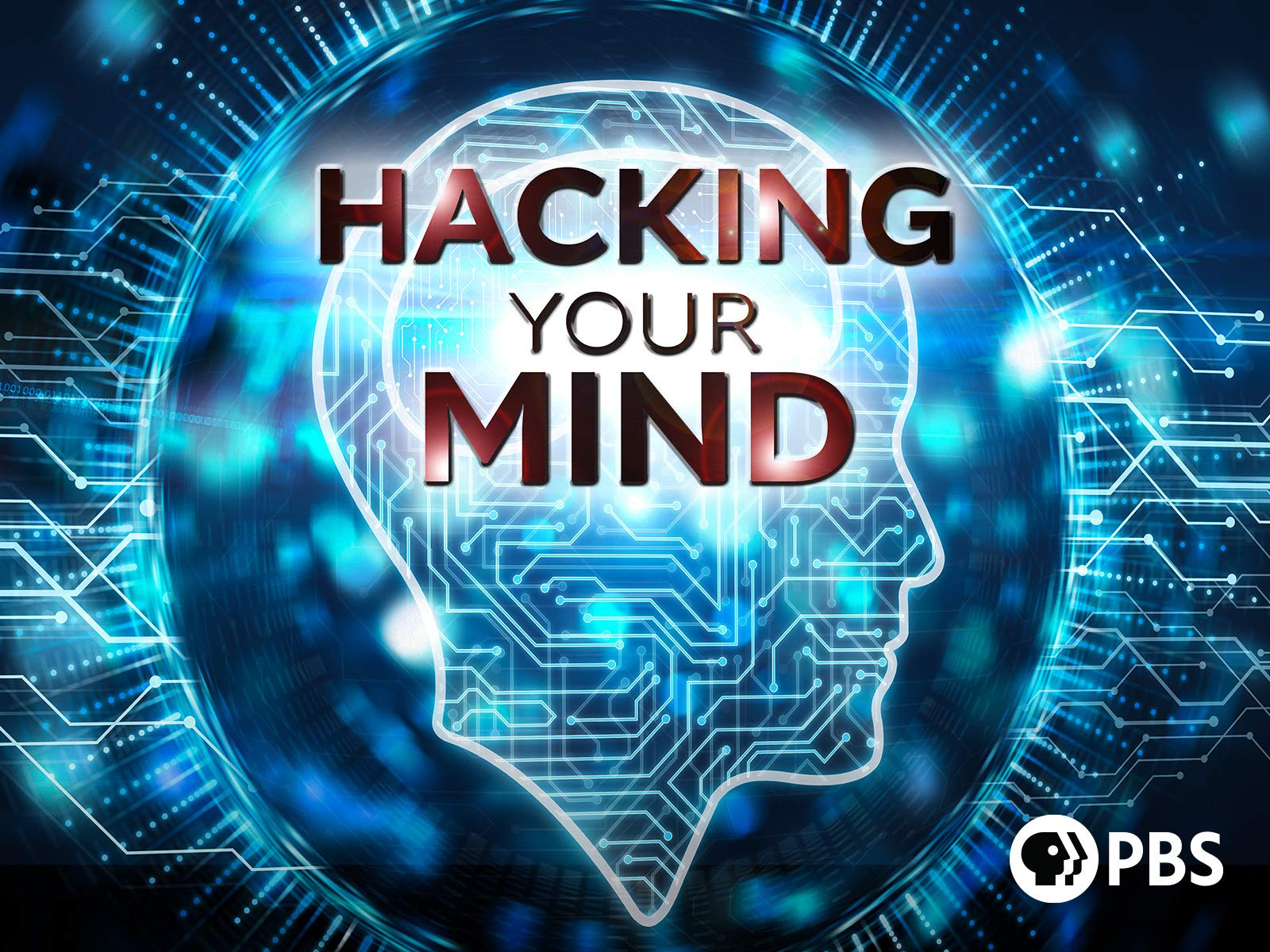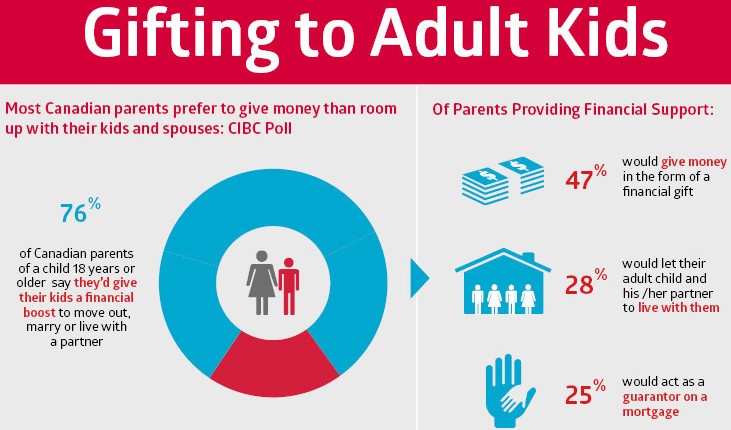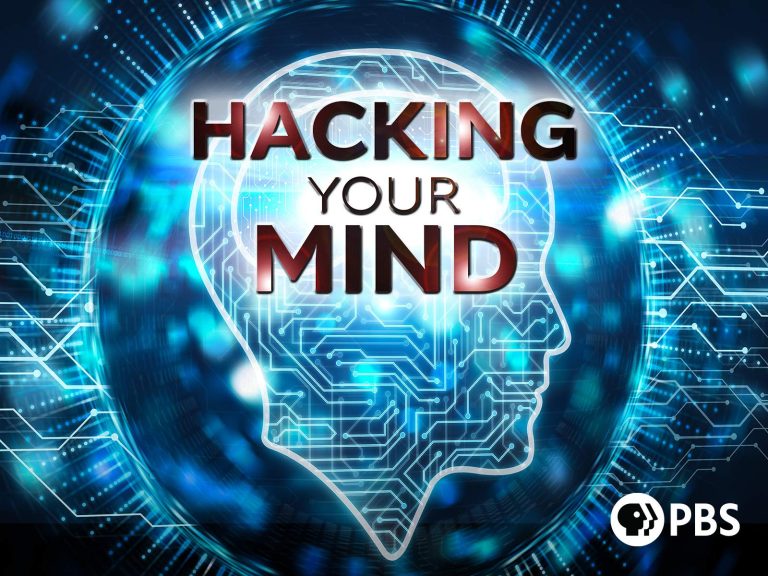Does it sometimes seem that your phone, tablet, laptop etc. knows what you are thinking? You poke around for something on the web, whether it be a news piece, info on a particular topic or just trying to purchase something, and then, all of a sudden, you get articles and ads that seem to fit what you were searching for. Even a conversation with a friend, seems to trigger a feed that speaks to your very discussion.
This is all to do with the wonder of Artificial Intelligence (AI), which helps you, right? I find it can, however you may feel you are being watched. Ultimately, corporations are about increasing revenues. They do that by increasing the number of eyeballs on their content. It’s about showing you as many ads as they can with the hope that you’ll be clicking on them.
There is however, something insidious and much more far reaching. Through so this so called “intelligence”, what you currently tend to believe to be true, will over time, be confirmed to be absolute fact, even though it may not be true at all. The more you search for a particular way of thinking and find it, the more AI puts it in front of you. This leads you to believing that your thinking is absolutely correct. “It can’t be wrong. I’m seeing it everywhere”.
However, as I said, the more you look for something, the more of it you’ll find. If you gravitate toward doomsayer articles, IA will feed you more. The more you read, the more you see and the more you see the more you are convinced you have found the truth. In this example, the truth is that the world is heading for disaster, and it has been confirmed by what you have been reading and watching. Through the workings of AI, you aren’t presented any kind of evidence to the contrary, there is no other side of the coin to look at; no counter points. All you see and read is confirmation of how you see the world. And just because you read it in a Big “news” media channel, doesn’t make it any more true. Just look at how they write titles for their articles. They often used highly charged words when a more accurate word should have been used. They know that sensationalism feeds the human desire to click and clicking on their stories means potentially more ad revenue.
Letting AI feed you information can be a very dangerous circle when it comes to money matters. The vast majority of financial and investing mistakes have to do with a person’s own psychology. Our psychology and our emotional drivers steer us to think a particular way. Instead of actively looking for a reason why our thinking may be wrong, we look for anything to tell us that we are right. This is called “Confirmation Bias”. What AI does, in this context, is push you even harder toward your particular view point. The most dangerous slant this takes you in is believing a particular business can do no wrong, leading its followers to push the shares to “priced for perfection” status. Everyone believes the same thing and because so many people believe it, if it proves false (which in time it most likely will), the share price declines. This leaves the holders of the shares to either buy more, because they are convinced the price will recover (without even looking closer at the fundamentals of the business), or they simply hold on, convinced the shares will recover.
All of this is counter to critical thinking, which is the only kind of thinking that can get to know what is true. Critical thinking gives you the other side of the argument, challenging your viewpoint. If you critically think through the issue at hand, you are more likely to see what is actually true. Believing does not equal truth.
As a Financial Advisor, I see how it messes with the quality of one’s financial decisions. It can make our strongest motions (fear and optimism) more intense. It often turns our emotions to believing something is absolute fact, when it isn’t true at all. This is why I am a strong believer in having a strong, disciplined investment management team, be at the foundation of our client’s portfolios (as well as our own). The portfolio management team we use the most for our client’s portfolios, has a corporate culture in place to turn our human bias, upside down.
As soon as they do all their work and come to a buying decision on an investment (and make the investment), they flip the paper and start looking for all the reasons they could be wrong. This is so counter to human nature that you have to set up a discipline to make it happen. Their proprietary insights and critical thinking has produced an 82% “batting average” over the past 14 years and a top 1% record against their peers. To get that long term result though, they’ve had to face widespread criticism when the lagged or looked like they weren’t getting it. They are willing to be wrong in the short term to be right in the long term.
Unfortunately, confirmation bias is in my view, the biggest force behind the dogmatic views in the world today. The views become so firmly entrenched as right, that anyone presenting an opposing view, based on the information they have collected, is closed off completely. The larger the majority is that believes something to be true, the less likely an opposing view is considered even remotely credible. It’s the proverbial lemmings following each other.
We’ll never get away from our confirmation bias. It’s wired in us. What we can do to combat it is actively ask, “Could I be wrong?” Rather than read just what you believe to be true, look for the opposing facts so you can see the whole picture. The truth, if searched for with integrity and humility, rather than the need to be right, will become clear to you.






